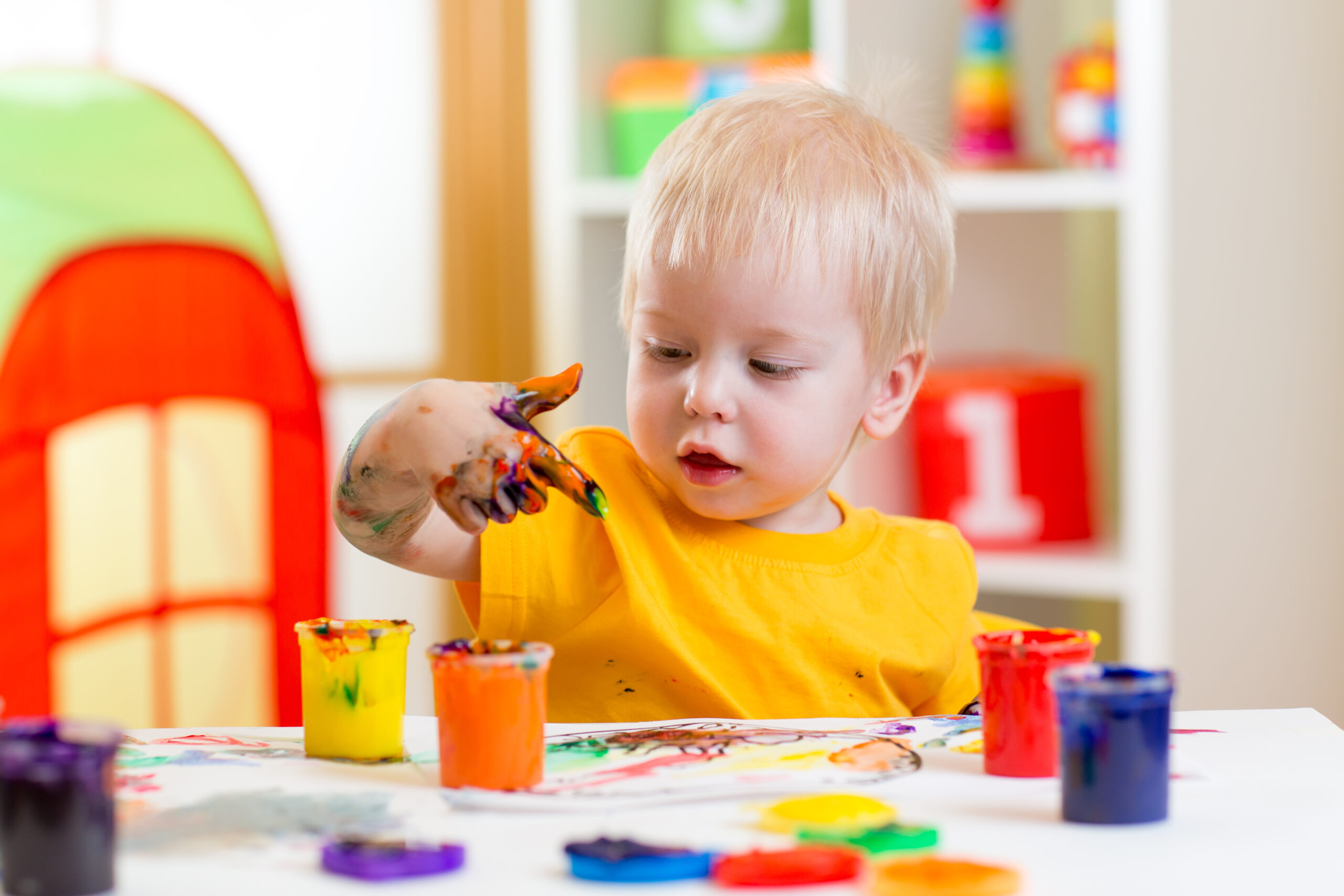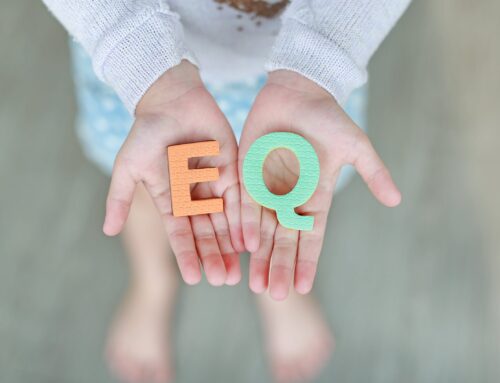For many children, starting kindergarten is a big event, which is why it is so important for children to adapt to kindergarten. Parents and grandparents experience crossing the kindergarten threshold just as much as the little ones, because suddenly many changes occur in the child’s life.
A safe, predictable home with well-known parents and guardians changes the child into a kindergarten, where everything is new and unknown. In addition, a novice kindergartener must face new, unknown situations in which the child’s sense of security may be shaken, and sometimes the first fears may appear. Adaptation to kindergarten also involves parents having to get used to the new situation. After all, the child will be in a peer group and the presence of caring parents will no longer be necessary.
Without crying to preschool? It’s possible, a matter of good adaptation!
Aby dzieci i rodzice stopniowo i w bezpiecznych okolicznościach mogli oswoić się z nowym etapem w życiu dziecka potrzebny jest czas na spokojną i przemyślaną adaptację do nowego środowiska jakim jest przedszkole.
Adaptation to preschool
In the first stage of the adaptation process, it is important for parents to have time and conditions to get familiar with the kindergarten. It is worth planning individual meetings with parents at the kindergarten.
During individual meetings with parents, the child’s adaptation process proceeds in a completely different way. The private kindergarten, Happy Kids’ Academy, can then present its educational and developmental offer, the methods used at the kindergarten, and answer parents’ questions. After the informational meeting with the parents, it’s time to introduce the child to the new environment, meaning the child’s adaptation to the kindergarten. Presenting the place where the child will spend time is very important. To do this, it’s a good idea to carefully consider when and under what circumstances the child, together with the parents, can visit the kindergarten. Such visits, accompanied by caring and loving parents, allow the child to get to know the kindergarten in a natural and comfortable way. During the visit, the child has the opportunity to see for the first time how the kindergarten is arranged, play with toys, and also talk to the teacher.
Proper adaptation of a child to kindergarten
Once the kindergarten is no longer an unfamiliar place for the child, it’s time for a series of adaptation activities. It’s best to start the adaptation sessions before the first regular day at kindergarten, that is, before September 1st or the day the child is supposed to start attending kindergarten. A weekly cycle of activities will gradually prepare the child for independent attendance at kindergarten in a friendly and thoughtful atmosphere. During the planned activities, parents gradually distance themselves from the kindergarten room. The child is left under the teacher’s care for increasingly longer periods.
Not all children enter kindergarten on September 1st without crying…
For some children, it is still difficult to part with their parents. They would still prefer to have a parent accompany them during playtime at kindergarten. Although the attractiveness of playmates is significant, saying goodbye to their loving parents remains very difficult. Children express their fears to their parents through crying. A small child experiences fears and anxieties just like their parents, but they are unable to talk about them and instead signal them through crying. Crying occurs when the child is separated from their parents and often also at lunchtime. These are the moments that especially make the child feel the absence of their loved ones. However, the child’s crying typically subsides after two weeks, and sometimes around a month. There are, however, children for whom it is still too early to become kindergarteners. The separation from their parents is such a strong emotional experience that the child is unable to accept it and reacts to these intense emotions with continuous crying. In such cases, it may be worth considering having the child return at a later time, for example, in a year.
There are also children who feel like at home in the new environment from the very first moments in kindergarten.
The role of the teacher in the adaptation process of three-year-old children to the kindergarten environment
To make it easier for children to take advantage of the kindergarten’s offerings, it’s worth considering which areas of the child’s development should be supported. The teacher’s role in the adaptation process of three-year-old children to the kindergarten environment is one thing, but the role of the parent is also essential. An independent preschooler is a successful preschooler. In order for a young preschooler to succeed in kindergarten, they need to have self-care skills. Children who signal and effectively address their physiological needs, can handle hygiene tasks, attempt to eat independently, and dress and undress on their own – are much more confident and feel significantly better than their less independent peers.

When our child begins their preschool education, parents should remember one more important thing. In order for the child to feel safe, their trust must not be betrayed. Children should not be misled with promises. During difficult morning separations, parents should not sneak away secretly, nor should they promise to return quickly, for example, right after lunch. Failing to keep such promises may be perceived by the child as a threat, such as abandonment.
As a result of a well-thought-out adaptation program, September is not a difficult month for the little ones and their parents, because kindergarten is no longer something new to them, and the teacher and classmates are already familiar faces.
The first days in kindergarten – this helps:
- Arranging trips to kindergarten helps the child get used to the new place.
- Previous experiences with separations, such as staying with grandparents, make it easier for the child to stay in kindergarten.
- A small toy car, favorite stuffed animal, or blanket brought from home gives the child a sense of security.
- A positive attitude from parents – it’s important to remember that our emotions are contagious to children.
- It’s beneficial that parents accompany the child during the first days in kindergarten.
- Accepting the child’s feelings – the child has the right to be scared. Let’s accept and name the emotions they are experiencing, and offer support.
- Reading books or talking about personal experiences related to kindergarten also helps the child adjust to the new situation.
- If a parent promises to be there after lunch or snack time, it’s important to keep that promise.
- Involving the child in the joint purchase of school supplies, such as a toothbrush or slippers (giving them a choice), will make going to kindergarten a wonderful adventure. 🙂
Happy Kids’ Academy – Europejskie Przedszkole Językowe Team


